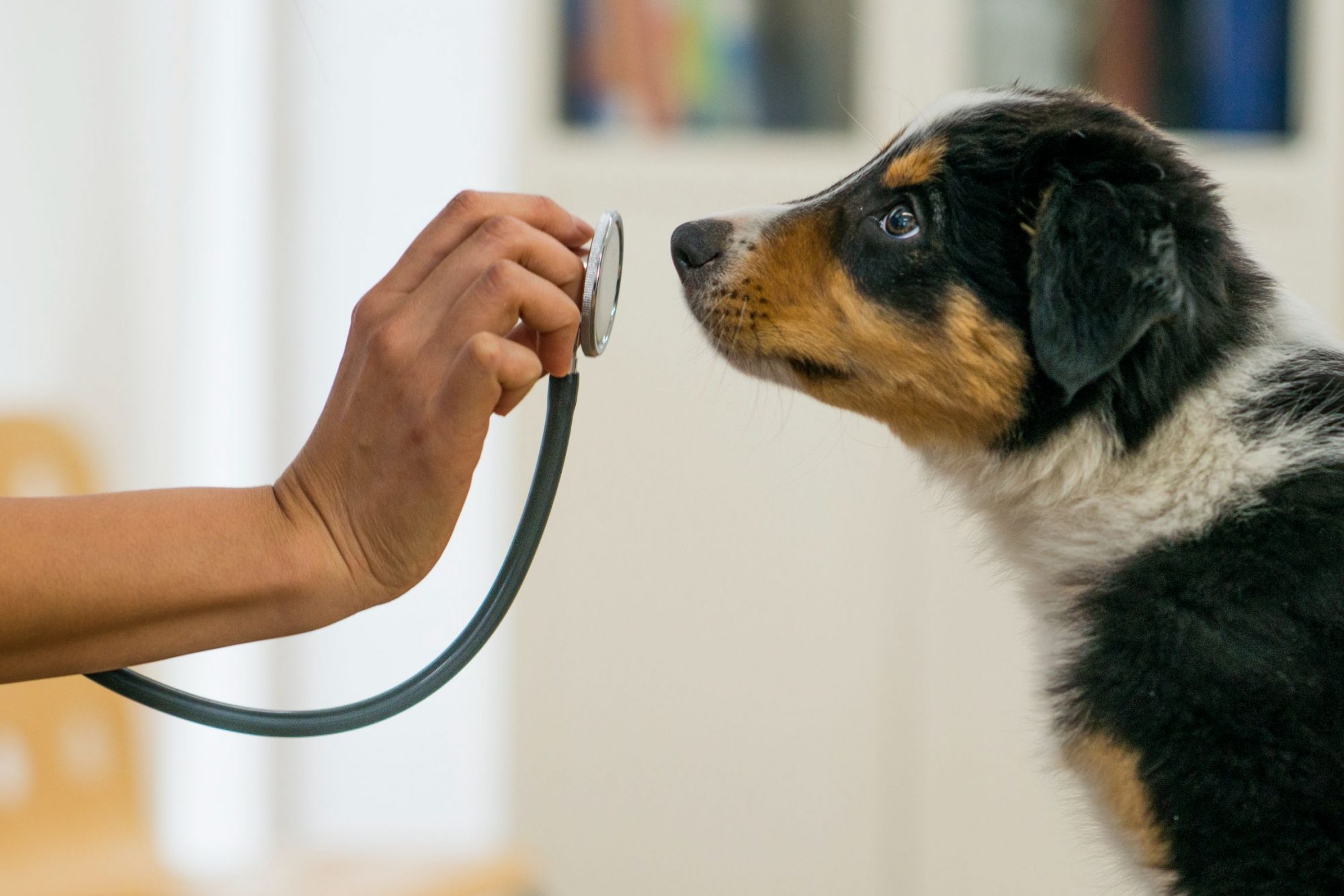Posts in Category: Pet Safety
Pet Safety Tips for a Texas Summer

If there’s one thing that Texans know, it’s how to survive the heat. Learn how to prepare your pet for hot days, too, with Leon Valley Veterinary Hospital’s favorite tips for summer pet safety.
Summer Pet Safety Considerations
When enjoying time with your pet this summer, it is a good idea to be aware of potential pitfalls that can ruin your good time. Take notice of:
- Table scraps at outing and barbeques
- Motor vehicles
- Unattended swimming spots that can be drowning hazards or harbor algae
- Dirty water that can irritate the skin or cause gastrointestinal problems
- Parasites like fleas and heartworms
- Sunburn
- Damage to paws from hot pavement, sand, etc.
- Overheating
How to Prepare Your Pet for Hot Days
Pets can become acclimated to the heat. Allowing them to have short, supervised stints outdoors can help them to gradually tolerate longer outings.
If you are wondering how long your pet can stay out in the sun, the answer can vary quite a bite among individuals. Pets that are overweight, very old, very young, have a short nose, or have health problems are at greatest risk of heat exhaustion. Choosing to center your activities around the cooler parts of the day is helpful.
Avoid shaving your double-coated pet. Fur provides protection from the sun, and, believe it or not, actually insulates against the heat.
Any time you head outdoors with your pet, be sure that they have access to shade or shelter and a supply of cool, fresh water. Never leave your pet outdoors unattended for any length of time and remember that even a minute alone in a vehicle is too long.
Heat exhaustion, or heat stroke, is a very real danger for pets in the summer months. It can have devastating consequences.
It is important to recognize early signs that your pet may be overheating. As body temperature rises, animals often:
- Become restless
- Pant
- Have increased heart and respiratory rates
- Drool
- Experience vomiting or diarrhea
If you notice these things, it is definitely time to get your pet out of the heat. Unchecked, these symptoms can progress to weakness, incoordination, gasping for air, seizures, coma, and even death.
It is important to contact us immediately if you are concerned that your pet may be overheated. Cool towels may be placed under the belly and on the paws to help bring the body’s temperature down, but the animal must be treated by a professional as soon as possible.
Keep yourself and your pets cool this summer and avoid an emergency situation. A little planning can help to avert a major crisis.
Continue…Are You Prepared to Handle a Pet Emergency?

Although none of us want to consider a sudden illness or injury to befalling our pets, ignoring the possibility that they will get sick or hurt reduces your ability to handle a pet emergency. We can help you recognize the signs that your pet needs immediate help, and give you some pointers on what you can do for them until you can get to a veterinary hospital.
Continue…When It Comes to Pet Poison Prevention, We’ve Got You Covered

March 20-26 is National Animal Poison Prevention Week. As an opportunity to raise awareness of all the possibilities out there (in nearly every household, neighborhood, or situation), this is a crucial moment in time. Pets are exposed to all sorts of toxins and highly vulnerable to their far-reaching and widespread effects. Pet owners and veterinary professionals share the obligation to prevent terrible outcomes, and pet poison prevention week is the perfect time to focus on animal welfare and pet safety.
Continue…Holiday Pet Safety: Our Top 3 Hazards to Avoid

“I want to take my pet to the emergency hospital for the holidays!” said no one ever. Leon Valley Veterinary Hospital is here for you with all of our pet safety tips for the holidays to help keep things merry and bright and far away from the animal hospital.
Continue…Pet Diabetes Month: Healthy Pet Tips

It’s Pet Diabetes Month, and what better time for Leon Valley Veterinary Hospital to take a minute and remind our pet loving readers how to be sure that they have a healthy pet? A good pet wellness plan can help to prevent pet diabetes as well as many other health issues.
Continue…Pet Safety Tips for Halloween

Halloween is fun for the whole family, with costumes and parties and trick-or-treating. But not all pets respond positively to the festive atmosphere.
Some pets can be spooked by the tricks, treats, and other Halloween frights. The team at Leon Valley Veterinary Hospital has compiled these safety tips to ensure a happy Halloween for everyone.
Continue…Dog Wellness for Any Age, Breed, or Lifestyle

If you’ve owned your dog for a while now, you have likely come to the conclusion that they are the one that owns you. You might have originally thought that your dog would fit right in with you and your family, but it’s your lifestyle that has probably changed to make way for all the dog’s likes/dislikes, needs, and patterns. To that we say, well played, canines.
There are certain elements of dog “ownership” that take precedence to ensure optimal health. Maintaining dog wellness exams is one of many contributions you can make to their overall health, vitality, and longevity, and we’re here to help.
Continue…Cat Wellness Exams: All About That Base(line)

Kittens experience rapid growth and development in their first year, and we typically see them every 3-4 weeks to complete vaccinations. Once they are 4-6 months old, they’ve likely received all the preventive care necessary to thrive, including spay/neuter surgery, microchip, and parasite prevention. At this point, annual cat wellness exams are the norm (unless they need emergency care).
The differences between the first and second year might be subtle, but as cats age, health concerns increase. Some illnesses present obvious clinical signs, others are far more sneaky. This is just part of the reason why annual cat wellness exams are recommended at Leon Valley Veterinary Hospital.
Continue…What is Pet Insurance, and Should I Use It?

Pets are priceless, and as members of the family, they deserve to receive quality veterinary care. We’re fortunate that advancements in veterinary medicine have led to improved outcomes for pets that suffer an injury or develop a serious illness. But modern medicine comes at a cost.
Continue…Pet Noise Anxiety Looms Large During the Summer

Any way you slice it, pet noise anxiety is a problematic, even traumatic, experience for them. While not limited to thunderstorms or firework displays, these are the most common causes of noise-related stress in pets. Animals can also be triggered by sporting events, parades, large trucks, and so much more. It’s time to face pet noise anxiety in order to protect them from harm and preserve their state of mind.
Continue…

